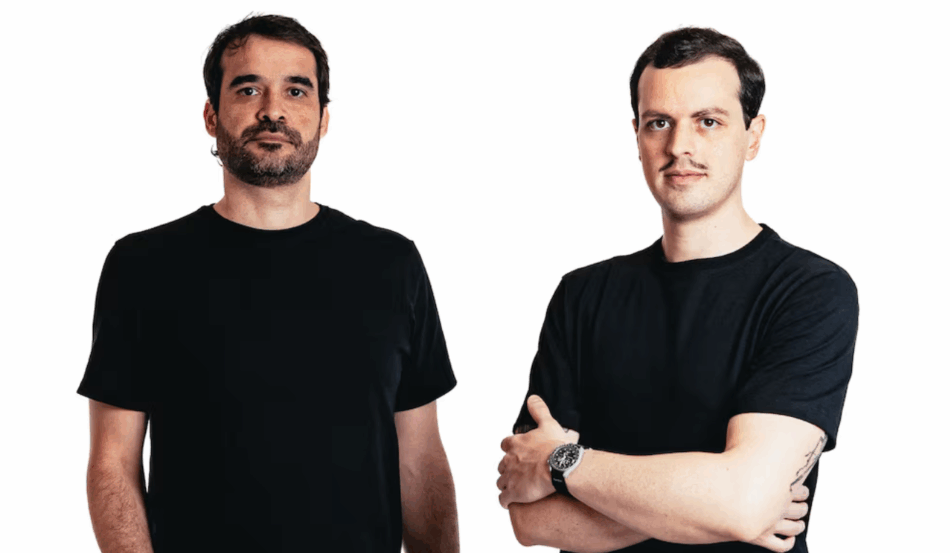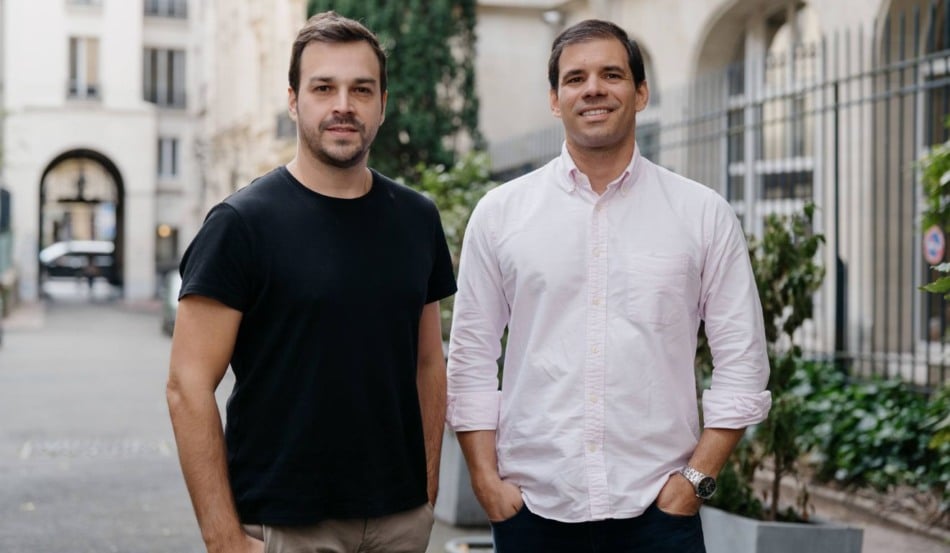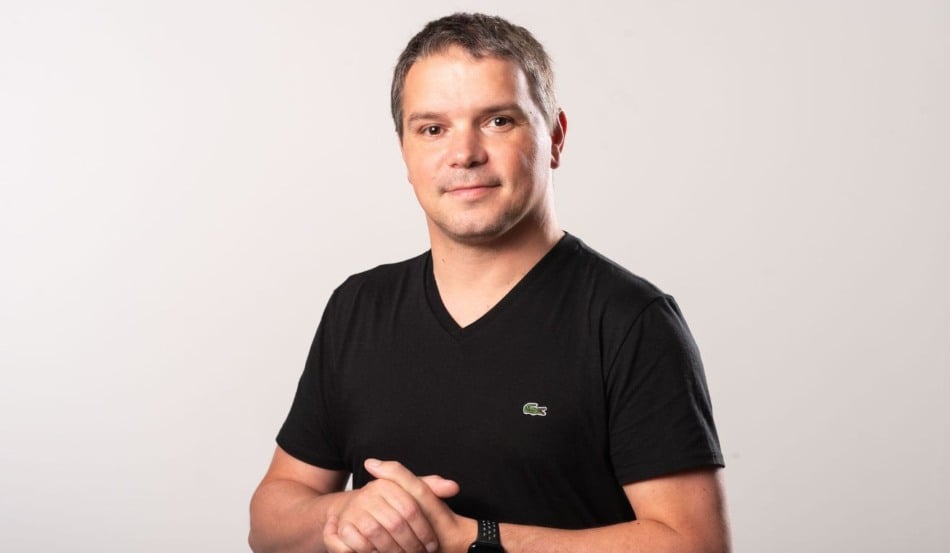
Corporate venture capital (CVC) is one of the fastest growing open innovation strategies seen in recent years in Brazil. Large local corporations are going beyond strategic partnerships in order to approach startups, increasing investments in these companies and, in some cases, even creating their own funds to reinforce this approach.
In global terms, the modality grew 142% in 2021, reaching the record mark of US$ 169 billion invested, according to the State of CVC report, by market intelligence platform CB Insights. In Brazil, the volume of CVC fund contributions reached $622 million from January to July 2021, tripling the amount invested in 2020, according to data from innovation hub Distrito.
Over the last few months, large Brazilian organizations such as Brazilian stock exchange B3, e-commerce giant Locaweb, enterprise software firm Totvs and high street retailer Renner have all launched their own CVC vehicles. Together, they add up to almost 1.5 billion Brazilian reais in minority contributions to startups of different sizes and sectors. Why do established organizations want to approach these companies? Innovating on your own takes more time – and a lot more resources. In addition to accelerating the innovation culture of corporations, startups can also help them overcome technological challenges, develop new projects and make operations more agile.
“No matter how much capitalized you are and no matter how much resources you have to invest in research and development, nowadays you cannot be restricted to that in terms of innovation”, said Richard Zeiger, partner at MSW Capital, a corporate venture capital specialist. “The greatest benefit of CVC for large companies is accessing innovation that takes place outside in a very strategic way. Meet new businesses, live with entrepreneurs, access markets, bring dynamism and find products that can add value to your customer.”
According to the executive, Brazil is experiencing a positive moment for the sector, as corporations have realized the importance of investing in open innovation and are beginning to understand the potential of CVC as a tool for this. However, Zeiger argued the partnership needs to be beneficial for both sides of the spectrum.
“Entrepreneurs have to be careful not to fall into a trap where the corporation looks at the startup only as a service provider. It is important that the transaction is on minority terms, does not block the startup’s liquidity and does not restrict its scope of action in terms of exclusivity”, Zeiger pointed out.
From the startups’ point of view, the partnership can act as a seal of validation. “A company recognized in the market legitimizes the product of startups, especially those that are just beginning their journeys”, Zeiger said. In addition, corporations can share expertise, offer mentorship, support governance and connect the startup with new customers.
Peter Seiffert, founder and president at Valetec Capital, a manager dedicated to CVC funds, adds that the startup has the advantage of receiving large volumes of investment to accelerate its growth with hiring, asset purchase and product development. “This is a one-way move that only benefits both parties. For startups, a CVC fund provides access to capital that allows them to accelerate projects, not to mention that it opens up a new universe for their relationships,” he noted.
Alternative during the crisis?
During turbulent times, an increasingly conservative investment winter and risk aversion, the CVC funds launched in recent months send a clear message to the market: there are still people interested in investing and (lots of) money available.
João Gabriel Chebante, a specialist in corporate venture at Grupo FCamara, argued that the real prospect of a long cycle of decline in venture capital enables “a more relevant positioning of corporate venture funds and strategies as investors and consolidators of the ecosystem”.
One of the latest moves in the CVC segment is B3‘s L4 Venture Builder, launched in May. It will allocate 600 million Brazilian reais in innovation businesses over the next 5 years. “The fund was born in a moment of turmoil and, although we do not celebrate a difficult market, I think this gives us a great opportunity”, said Pedro Meduna, co-founder of L4 and former executive at Tripda and Cabify.
“During a shortage of cash, those who have a fund ready and capitalized have more peace of mind to choose the best investments. If you look at the history of private equity and venture capital, you will see that funds that are born in difficult times have a greater chance of finding good theses and closing deals at more affordable prices and conditions”, the executive noted.
Still, Meduna recognizes that the current moment requires caution. He said that when B3 announced the fund, the market was already experiencing some tension and, therefore, there was a lot of interest from entrepreneurs looking for funding. “We have tried to be very transparent with startups, understand the theses and meet expectations”, he pointed out. Meduna noted that for those writing the checks, the difficulty lies in pricing in order to define the value of the investment. He recommended that startups review and rethink their expansion plans.
Rafael Sbampato, director of technology and new business at Valid and leader of the investment committee of the Valid Ventures fund, also sees positive points in launching a CVC during the crisis. “From the fund’s point of view, competition between funds for startups will be less and the real strategic value of the transaction will be even greater. But you have to be careful, you can’t have pressure to go out spending money”, he said. The certification company launched its CVC arm at the end of June with plans to invest 300 million Brazilian reais in the areas of government, digital identification and artificial intelligence.
Will CVC overtake VC?
From the reduction in investments by venture capital funds and the greater space for corporate ventures, a key question arises: will CVC overtake VC? For Marie Timoner, head of Renner‘s RX Ventures fund, it is likely that the modalities coexist in the ecosystem as partners.
“For Renner, it is very important to co-invest with [funds] venture capital, because that is a very valuable relationship. Despite the M&A and business development expertise that we have as a corporation, we are also new to this market. And the closer we are to players who have the experience and knowledge, the better we will invest and the more value we will bring to startups”, says the executive.
Even so, she observes that corporate venture capital has great growth potential in Brazil. “Gradually, this movement begins to have more relevance. This year alone, 13 companies listed on the Stock Exchange created their CVCs,” she says. The data emerged in preliminary study by the Brazilian Association of Private Equity and Venture Capital (Abvcap). In addition to Renner, some of the companies listed on the Ibovespa that have announced CVC funds in recent months include mining company Vale, pulp producer Suzano and Telefônica Brasil.
B3’s vision, according to Pedro Meduna, is similar. “I’m not saying that [CVC] will replace venture capital, but over the next semester we will have larger CVC checks than before. Corporate investments will gain importance, but I don’t think it will be the death of VCs”, argued the leader of the stock exchange fund.
According to Peter Seiffert, from Valetec Capital, CVC is expected to be responsible for 25% to 30% of investments made annually in startups. “It is a movement with no return and that will be increasingly relevant in the market”, the executive said. Today the estimate is that the number is around 5% and 10%. “The biggest challenge will be the consolidation of CVC as a strategic movement and, therefore, more resilient to economic cycles and eventual crises, which in reality are great investment opportunities.”
What will it take to get there?
Despite the potential, corporate venture capital in Brazil still faces some obstacles to consolidate in Brazil. Pedro Meduna, from B3, observes a cultural challenge. “It is difficult for corporations, who think with large processes, budgets and structures, to understand the dynamics and decision making in a more entrepreneurial environment”, he pointed out.
Meduna noted that startups are more agile and that often the problems of new companies still have no answers – and corporations need to understand this. “Sometimes it’s very easy for a large organization to make its business even bigger. But it is very difficult to make the little one grow, because everything is being built.”
Rafael Sbampato, from Valid, adds another view to the debate. “Society relies on references. People only do something after someone else has done it and this modality is still not so strong in Brazil”, he pointed out. The executive added that the partnership relationship is more complex than that of purchase and sale. “The corporation needs to know what it can help the entrepreneur with and what it wants to get out of the partnership.”
Contrary to what some corporations think, having available money and the will to innovate is not enough to start a CVC. The unanimous opinion of the executives is that the corporation needs to prepare the ground – and very well.
In the case of Renner, which announced RX Ventures in March, 8 months of market research took place before the launch. “We carried out more than 30 national and international benchmarks to understand how corporate funds operate”, said Marie Timoner. The company designed its thesis with the intention of writing checks between 10 million and 15 million Brazilian reais for fashion and retail startups, e-commerce and marketplaces, martechs (content, marketing and branding), fintechs and logtechs, which have good ESG practices.
“We understand that, as a minority investor, we have a strategic role beyond the financial one to help entrepreneurs scale their businesses”, says the executive. Structured in partnership with the manager Ahead Ventures, the Renner fund has a team dedicated exclusively to the corporate venture capital arm. “It has been a very successful design, because it guarantees access to the best practices in the relationship between the corporation and the ecosystem and, with that, access to the best startups and technologies.”
Valid’s Sbampato pointed out that it’s no use launching a CVC just because other companies are doing it too. “The chance of going wrong is very high, because this should not be a motivation”, the executive noted. He argues that there are several ways to promote innovation – and the corporate venture is just one of them. The right format for each company depends on its strategies and goals.
The tip for corporations that are still entering the ecosystem is to start small. “Participate in an accelerator program, visit conferences and make passive investments through other funds. Get to know the industry before setting up your CVC”, suggested Pedro Meduna, from B3.
If, after all that, it still makes sense for the company to invest directly in startups, Meduna advises corporations to create an arm dedicated to CVC, separate from other operations. And that new area should not exist within the M&A function, or anything related to other strategic partnerships. “If you mix the investment vehicle with your core business, CVC will compete for money, time and resources,” he concluded.







